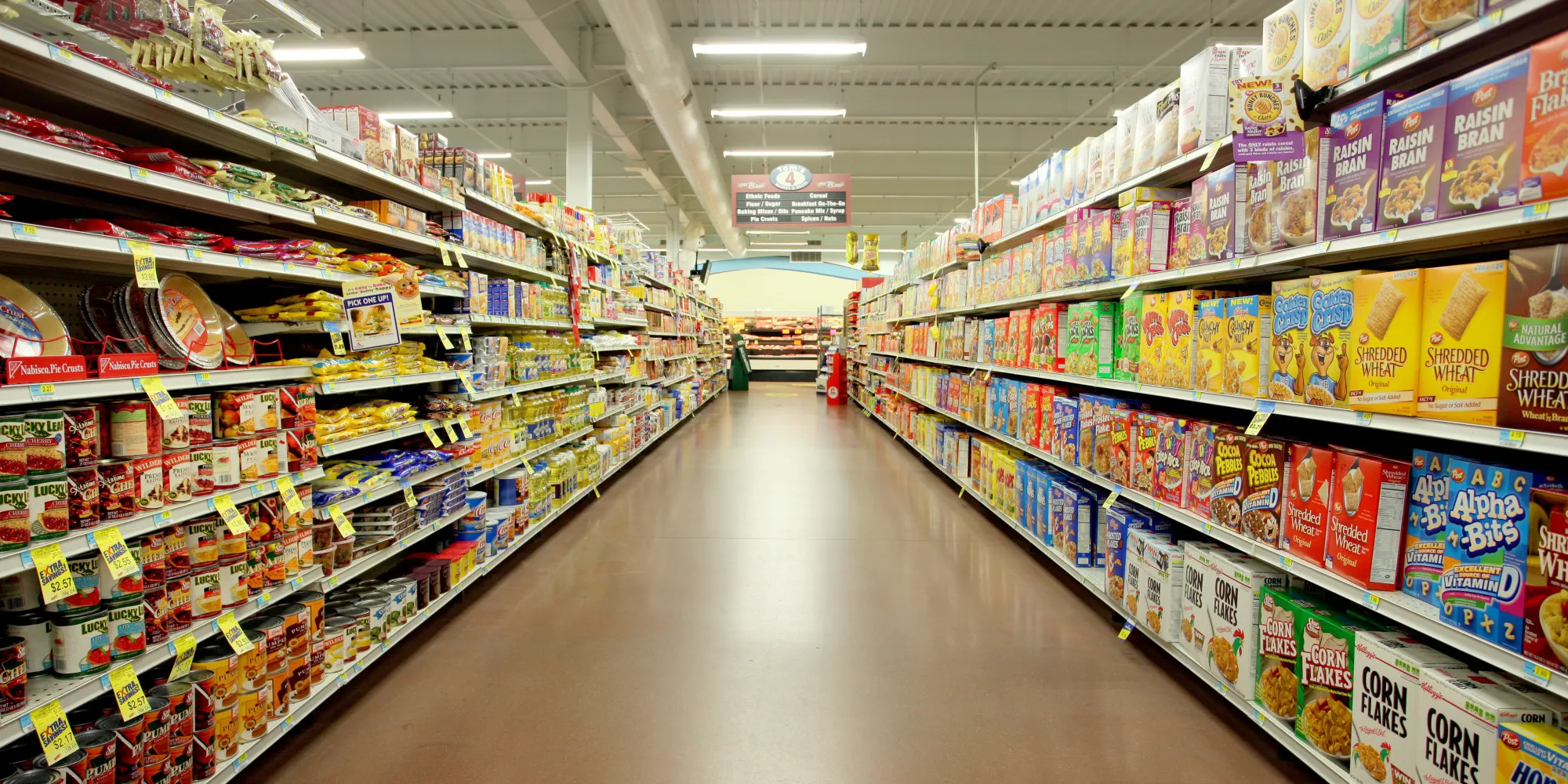In an increasingly interconnected world, the demand for ethically sourced and religiously compliant food is on a significant upward trajectory. At the heart of this movement lies halal, an Arabic term meaning permissible or lawful in Islam. For observant Muslims worldwide, the concept of halal extends far beyond a simple dietary restriction; it encompasses a holistic approach to life, emphasizing purity, wholesomeness, and responsible practices. Within the diverse world of halal food, goat beef stand out as foundational meats, deeply woven into cultural traditions and enjoying a burgeoning presence in mainstream grocery markets.

The Essence of Halal: More Than Just a Label
The preparation and consumption of halal meat are governed by stringent guidelines derived from the Quran and the teachings of Prophet Muhammad (PBUH). The core of halal slaughter, known as Zabiha, mandates that an animal be healthy and treated humanely throughout its life. The slaughter itself must be performed by a sane adult Muslim who invokes the name of Allah (God) at the time of slaughter. A swift, deep incision to the throat, severing the jugular veins, carotid arteries, and windpipe, ensures a quick and humane death while allowing for the complete draining of blood. This complete drainage is not only for religious purity (blood is considered impermissible) but also contributes to the meat’s hygiene and quality.
Beyond the slaughter, halal principles extend to the entire supply chain. Prohibited substances like pork and its by-products, alcohol, and any form of cross-contamination with non-halal items are strictly forbidden. This meticulous attention to detail from farm to fork is what instills trust and confidence in halal-certified products, not just for Muslim consumers but also for a growing number of non-Muslims who seek ethical and high-quality food options.
Goat and Beef: Culinary Staples with Distinct Profiles
Both goat and beef are significant sources of protein in halal diets, each offering unique nutritional and culinary characteristics.
Goat meat, often referred to as chevon or cabrito (for young goat), holds a prominent place in cuisines across Asia, Africa, the Middle East, and the Caribbean. It’s lauded for being a leaner alternative to other red meats, including beef, lamb, and pork. Nutritionally, goat meat boasts:
- Lower calories and fat: A -ounce serving of goat meat contains significantly fewer calories and less total fat and saturated fat compared to equivalent servings of beef, pork, or lamb.
- Lower cholesterol: This makes it a heart-healthy choice for those mindful of cholesterol intake.
- High in protein: Providing all essential amino acids, goat meat is excellent for muscle growth and tissue repair.
- Rich in iron: Crucial for oxygen transport and energy metabolism, making it beneficial for those prone to iron deficiency.
- High in potassium and low in sodium: Contributing to cardiovascular health and blood pressure regulation.
Culinary, goat meat is known for its distinct, often slightly gamey flavor, which is milder in younger animals. It benefits greatly from slow-cooking methods like braising and stewing, which tenderize the meat and allow it to absorb rich flavors from spices and aromatics. Popular grocery halal dishes include flavorful curries, robust stews, fragrant biryanis, and succulent kebabs.

Beef, a global staple, is equally important in the halal diet. Halal beef ensures that the widely consumed meat adheres to the same rigorous ethical and preparation standards. Beef offers a robust flavor and a wide range of cuts suitable for various cooking methods. Nutritionally, beef is also an excellent source of:
- High-quality protein: Essential for muscle development and repair.
- Iron: Similar to goat meat, beef is a good source of heme iron, which is readily absorbed by the body.
- B vitamins: Crucial for energy metabolism and overall cellular function.
- Zinc: Important for immune function and wound healing.
Halal beef finds its way into countless dishes, from slow-cooked rendangs and hearty stews to grilled steaks, stir-fries, and biryanis. Its versatility and rich flavor make it a preferred choice for many households and restaurants.
The Expanding Halal Grocery Landscape
The growth of the global Muslim population and an increasing awareness among non-Muslim consumers about ethical and healthy food choices have fueled a significant expansion in the halal grocery market. This is evident in several key trends:
- Market Growth: The global halal food market is experiencing robust growth, with projections indicating a substantial increase in value over the next decade. This growth is driven by rising disposable incomes, greater internet penetration in Asia (a large Muslim consumer base), and a broader appeal of halal products due to their perceived quality and ethical production.
- Increased Availability: Halal products, once limited to specialized ethnic stores, are now widely available in mainstream supermarkets and hypermarkets. Dedicated halal sections, clear labeling, and online halal meat suppliers are making it easier for consumers to access these products.
- Supply Chain Transparency: The halal industry is increasingly embracing technologies like blockchain to enhance traceability and transparency from farm to consumer. This helps in verifying the halal integrity of products and builds greater consumer trust.
- Diversification of Products: Beyond raw meat, the halal grocery market is diversifying to include a wide array of certified products, from processed foods and dairy to baked goods and even non-food items like cosmetics and pharmaceuticals. This signifies the evolution of a comprehensive halal ecosystem.
- Economic Impact: The halal industry is a significant contributor to economic growth, particularly in Muslim-majority nations but also in non-Muslim countries seeking to cater to this growing market. Investments in halal certification, infrastructure, and human capital development are further bolstering this sector.
Environmental and Ethical Considerations
The emphasis on humane treatment of animals in halal practices aligns with growing global concerns about animal welfare. While both goat and beef farming have environmental footprints, the specific impacts can vary. Goats, being hardy animals, can often thrive on land unsuitable for other livestock, and their grazing patterns can sometimes contribute to rangeland health. However, like all livestock, their farming practices need to be managed sustainably to minimize greenhouse gas emissions and land degradation. The halal framework, with its inherent focus on responsible sourcing and animal well-being, naturally encourages more sustainable and ethical practices within the meat industry.




